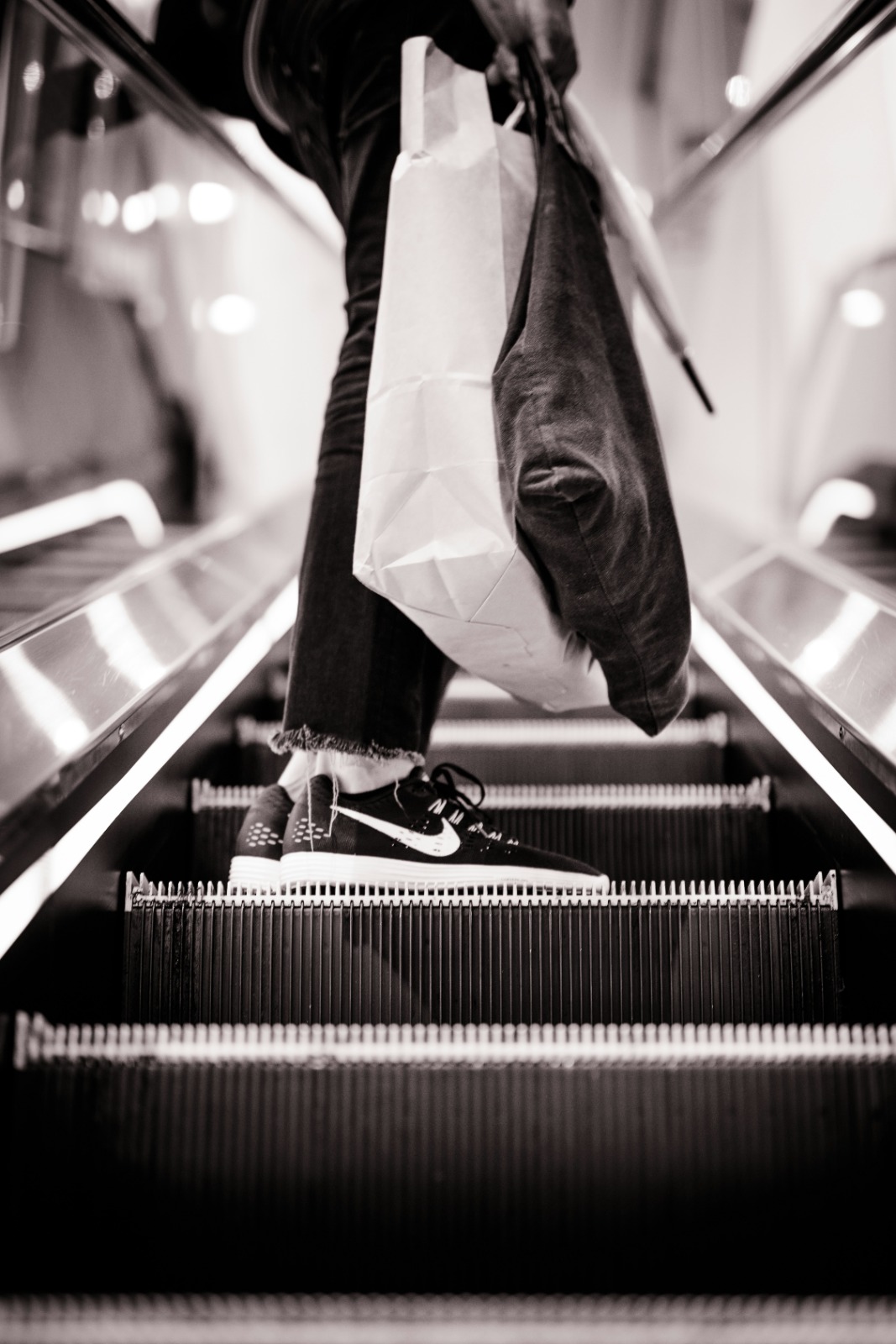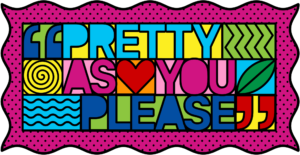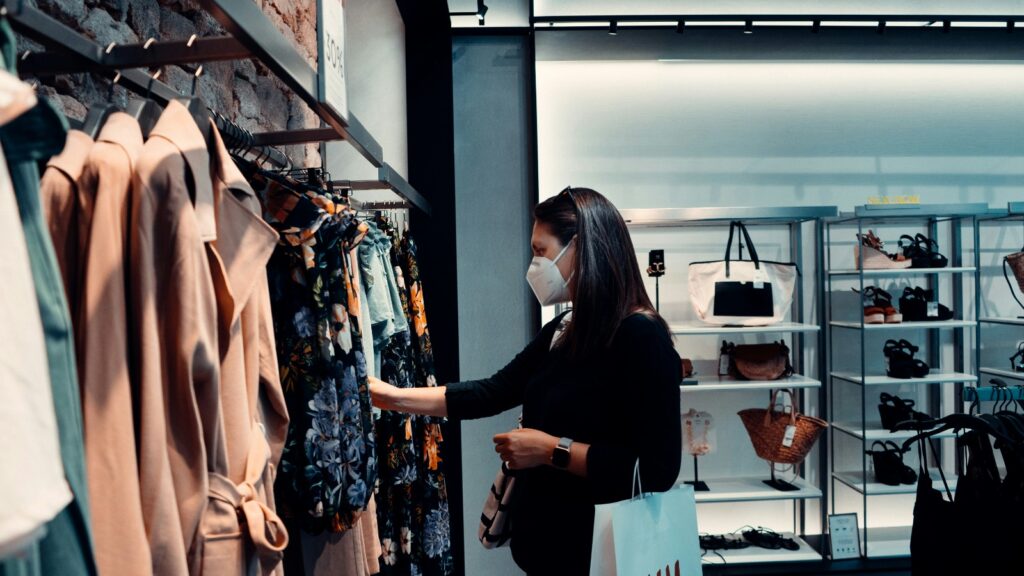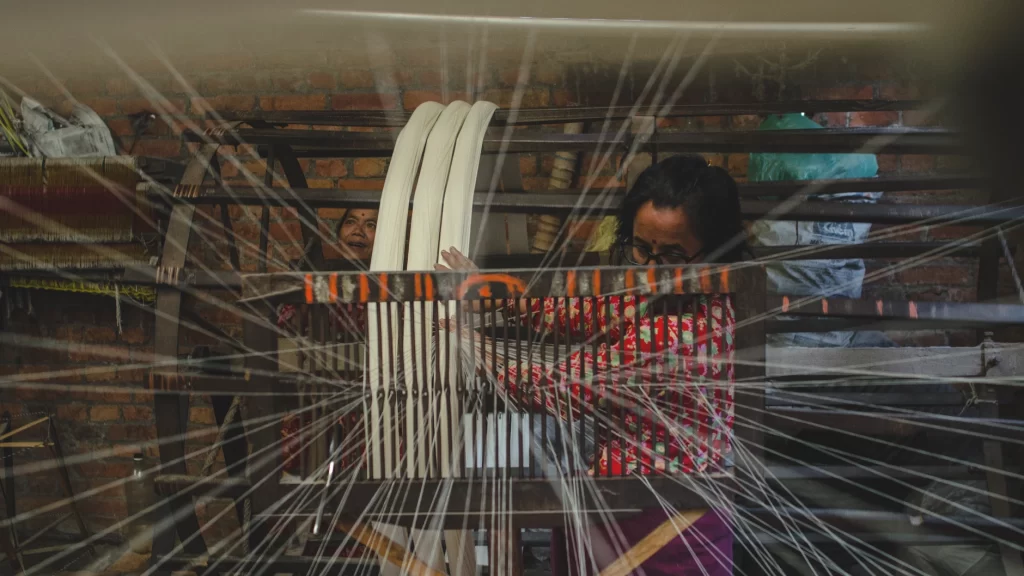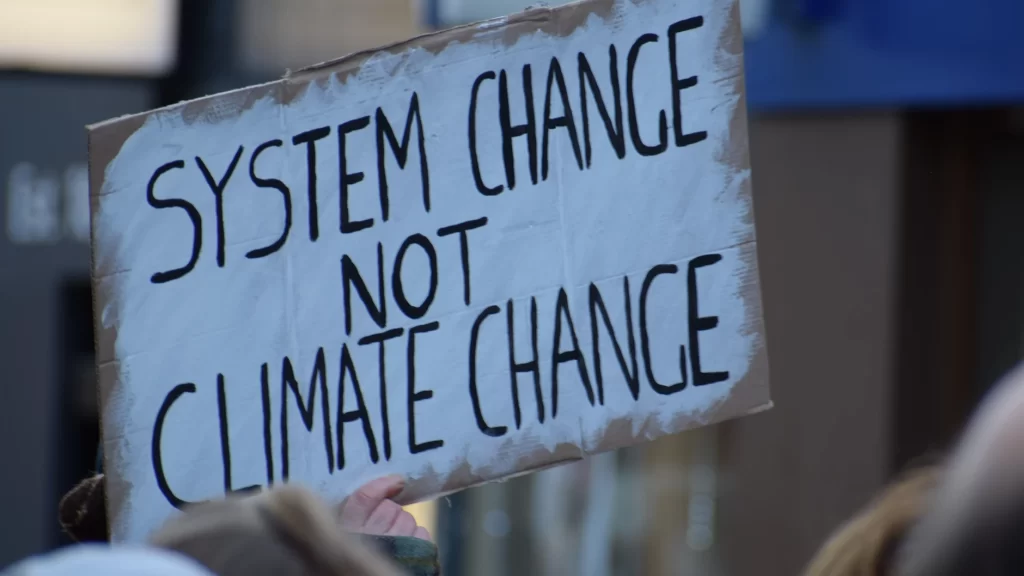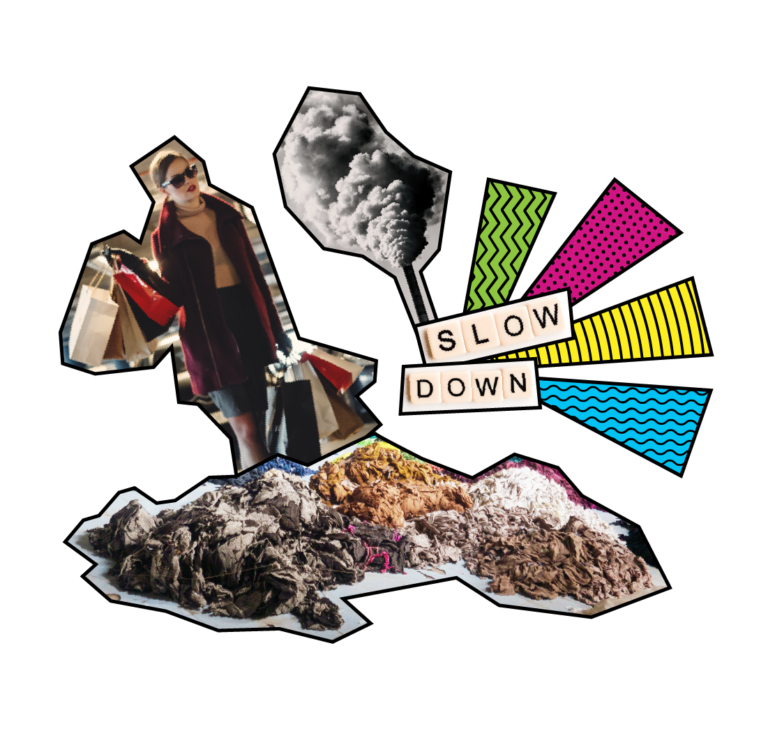Ever felt the urge to splurge on clothes to brighten up your mood? Or spent mindlessly on clothes after a break-up or a fight? We’re all guilty! However, the question this begs is: Does it really make us feel better? Or solve any of our problems?
The Oxford Dictionary defines retail therapy as the act of going shopping and buying things in order to make yourself feel more cheerful. Think Carrie Bradshaw and her hundreds of shoes! During the Covid lockdown, many people turned to shopping to give their morales a boost, in turn giving a boost to online sales. According to the 2020 ARTS (Annual Retail Trade Survey) release, e-commerce sales increased by $244.2 billion or 43% in 2020, the first year of the pandemic, rising from $571.2 billion in 2019 to $815.4 billion in 2020.
But, it’s not as simple. For one, retail therapy doesn’t really work. For two, it’s terrible for the planet. Here’s why.
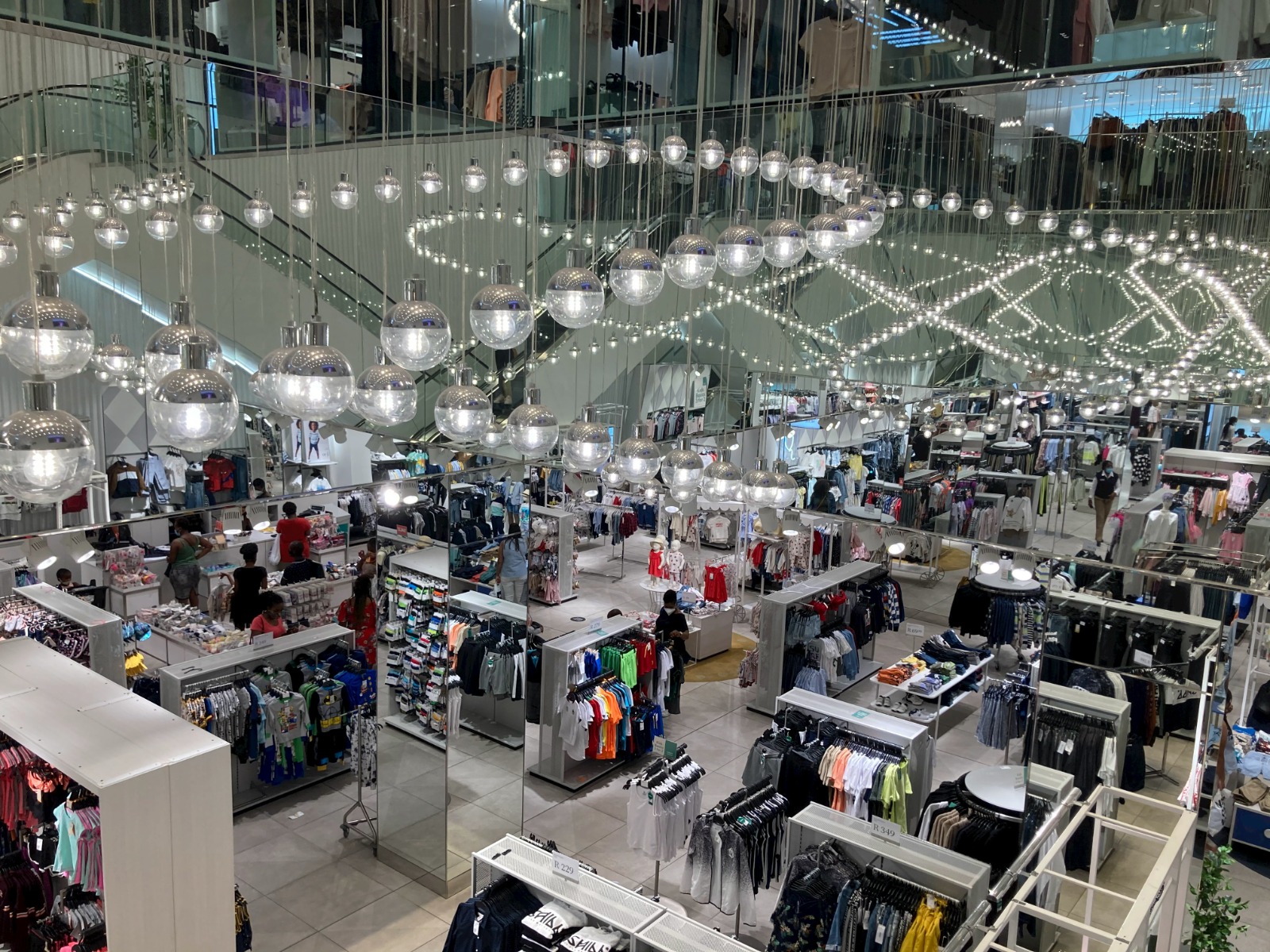
It’s a short-term solution
The excitement and elation from shopping are invariably short-lived. The rush of buying something new is caused by the release of dopamine, or the feel good hormone. But according to a study published in Psychology Today, neuroscientist Robert Sapolsky concluded that dopamine is actually released in the anticipation of a reward and not when the reward is received. So, in actual fact, the rush has already passed by the time you’ve bought the clothes, leaving you craving for more.
It leads to overconsumption
Retail therapy may liven up your mood but, more often than not, it leads us to buy things we don’t need, which, in turn, further fuels the fashion industry’s waste problem. Our indulgence in retail therapy is also what drives fast fashion to continue mass producing. In fact, many marketing campaigns created by fashion brands romanticize shopping as the solution to all our problems. And we’re buying into it. Quite literally!
It’s busting your budget
Far too often, when we ‘reward’ ourselves, it’s with a big-ticket buy. Something we hadn’t quite accounted for. And even if that’s not the case, the little things have a way of adding up. Before you know it, you have a whopper of a credit card bill on hand! So while you may feel happy with your latest purchase, in the moment, but in the long-run, it can leave a bitter aftertaste. Not to mention the extra pressure on your pocket.
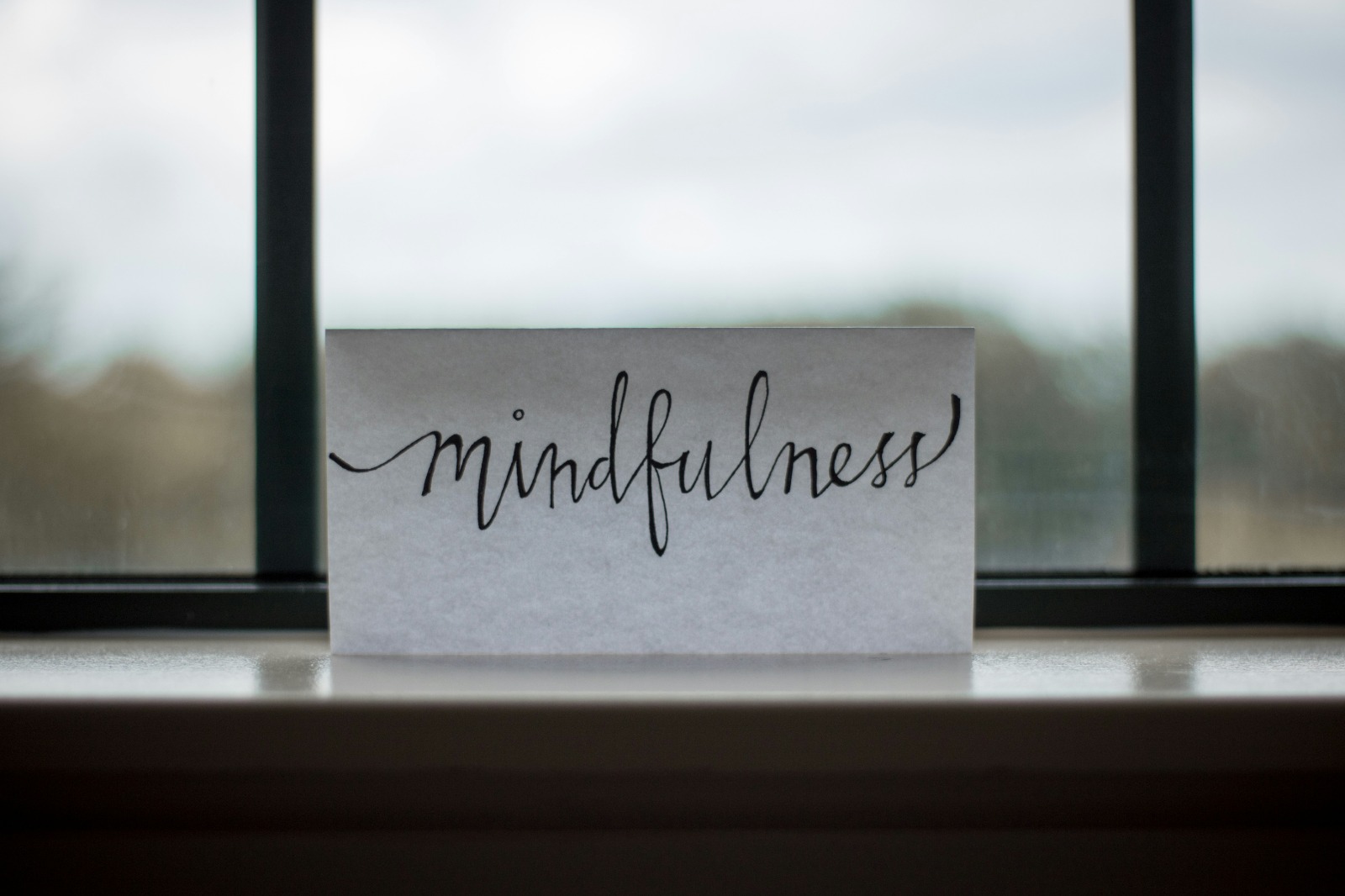
How to cope
Create a spending budget. Every month, set aside some money for shopping, so you can spend wisely, and stave off buys you don’t really need.
Indulge in a hobby. Or learn a new skill. Immerse yourself in an activity that brings you peace. Not only is it a cathartic experience, even the smallest of achievements has been associated with a surge in dopamine levels.
Make a shopping list before stepping out. This one really works, not just to minimize retail therapy but also if you are an impulsive shopper. List out what you need and stick to it.
Get some fresh air. Step out, take a walk in the park. Or, meditate. It’s always a good idea to give yourself the space and time to process things better. The boost of oxygen this will provide has been known to be an instant mood lifter. And unlike shopping, this is a long-term fix.
Sleep over it. Don’t check out instantly. Leave the items in your cart overnight, or put them back on the shelf and walk out of the store. By waiting for the impulsiveness to pass, you’ll know what you actually need and what you don’t.
